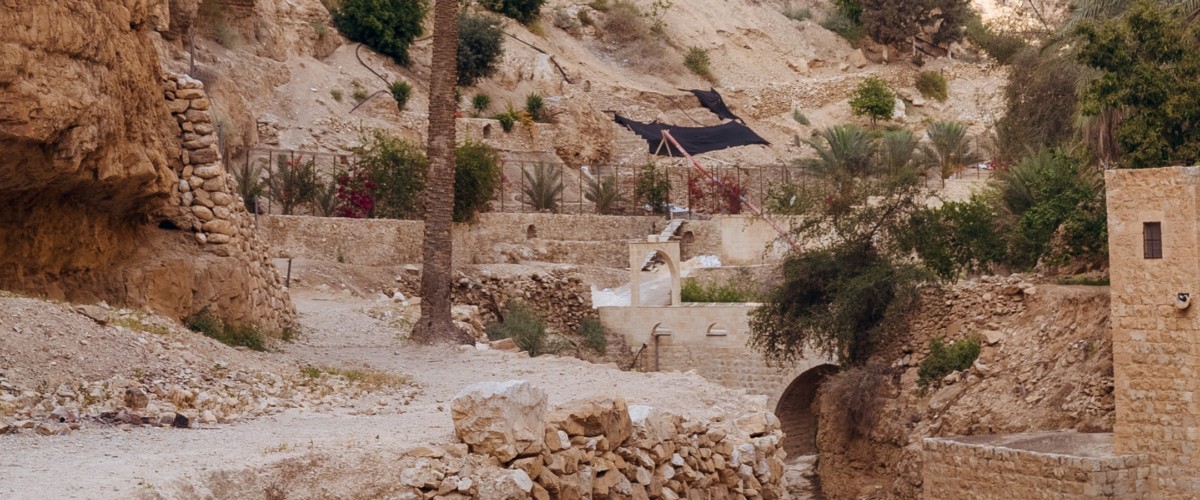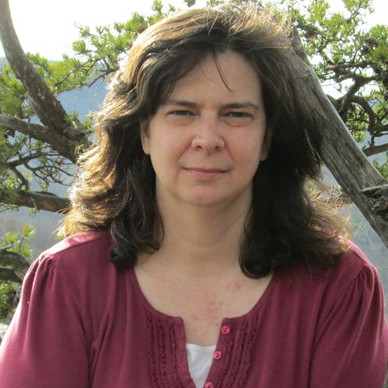“What do you want me to do for you?”
In the vicinity of Jericho, there lived two men. Each morning, the men would rise and go to their respective places in the city to collect money from the people. The good people of Jericho relinquished their earnings to these men because it was in their own best interest to do so. Coins were surrendered to one man in grudging obedience to Rome, and to the other man as an act of submission to the commands and expectations of the God of their Fathers. No one spoke to the men. There were no laughs, no trivial chatter, and no plans to meet later in the day. The people paused in the course of their day, coins exchanged hands, and then they moved on.
Both men endured scorn and rejection on a daily basis. Yet, they had learned to endure the contempt of the people without crumbling under the weight of it. There were limitations placed upon them, places they could not go, and lines they could not cross. They had made peace with their titles: Sinner, Unclean, Lost. Their lives were similar, yet they were very different.
Each evening, the tax collector took the coins he collected and returned to his expansive home. He counted his considerable earnings for the day, dined on rich foods, and reclined while servants attended to his needs. As night fell, he would lie down in physical comfort, but tormented with the painful question of whether he had permanently fallen beyond the reach of God’s grace, as well as the goodwill of his fellow man.
In contrast, the beggar gathered his coins and went to his humble place of shelter. His meager earnings would provide enough bread to sustain his existence for another day. When night fell, he would lie down lacking the most basic comforts of the world, but he would sleep because his dreams offered him escape from the world he knew. He may have learned to live with his circumstances, but that did not mean that he had embraced them.
Both men were caught in repetitive whirlwinds of coins and contempt, of limitations and loneliness. Neither was content, and neither knew how to change his circumstances.
That was before either man encountered Jesus of Nazareth. News of the pending arrival of teacher and miracle-worker spread through Jericho, igniting the interest of nearly everyone in the city, including the tax collector and the beggar. Both men were determined to meet him, and both encountered obstacles in their quest. Neither man could see him and neither would be seen by him without taking decisive action.
The beggar was the first to cross his path. Contrary to appearances, circumstances in life had not deprived the impoverished man of everything. Although physically blind, he still possessed the gift of speech. On this day, that gift was a treasure of immeasurable worth! He raised his voice above the clamor of the crowd. People were disturbed as he violated the invisible boundaries that had been established for him. They sharply rebuked him, attempting to force his retreat back to the designated place in the community where he was tolerated. His place was not among the people, and he was not welcome to take part in the celebration or wonder of the moment. When he dared to step outside of his accepted range, he was an annoyance and an embarrassment.
On this day, however, the beggar would not be caged. To be silent was to be defeated. He was driven by the need to be heard, empowered by his desperation for the eyes of the Son of David to fall upon him. With intense passion and energy, he cried for mercy… and his voice reached the ears of the One to whom he cried. The Son of David did not see a worthless beggar who needed to be driven away, but a man of great faith who had crossed many man-made boundaries to reach him. Here was a man worthy of his time and attention, one who had utilized the gift of speech so well that he was rewarded with the gift of sight. In humble, yet exuberant gratitude, the beggar joined in the procession through the city.
Ahead on the road, the tax collector was struggling with his own inability to see. Because of his physical limitations, the considerable crowd rendered his two fully functional eyes useless. He attempted to remedy the situation by pushing his way through the throng of people. Once again, the good people of Jericho rebuked the man who had forgotten his place in the community. This “sinner” had sealed his fate long ago when he betrayed his own people. There could be no redemption for him. He had no place among God’s holy people, and they would not clear a path for him to see.
The tax collector was driven by a desperate need to lay his eyes upon the one who “welcomes sinners and eats with them.” His legs may have been too short to raise his vision above the crowd, but he had been gifted with strength and mobility. On this day, these were gifts far more valuable than all of the riches he had acquired through his own efforts. And so, he ran. Ahead of the crowd, he found a solution to his inadequacy in the branches of a tree. Even as the masses gathered below him, his sight would not be hindered. He would see the One for whom he ran!
And the One would see him; a man who had, at last, had seen that true riches were far different than the shallow desires and temporal comforts of mankind. Here was a man deserving of Jesus’ time and attention. The man who had been said to have exceeded all boundaries of God’s grace received welcome, redemption, and restoration! In humble and exuberant gratitude, he waded into the river of grace and mercy that flowed through the city, catching in its current only those who were willing to release their hold on the thoughts, treasures, and limitations of the world in which they lived.
Among the good people of Jericho, some blinded eyes were opened that day; others remained tightly shut. For Bartimaeus — the beggar, and Zacchaeus — the tax collector, life would never be the same.
This is what can happen when Jesus comes your way!
Jesus said, “For judgment I have come into this world, so that the blind will see and those who see will become blind.” (John 9:39 NIV)
(Scripture reference: Luke 18:35 – 19:10, Mark 10:36-52, Matthew 20:29-34)



















